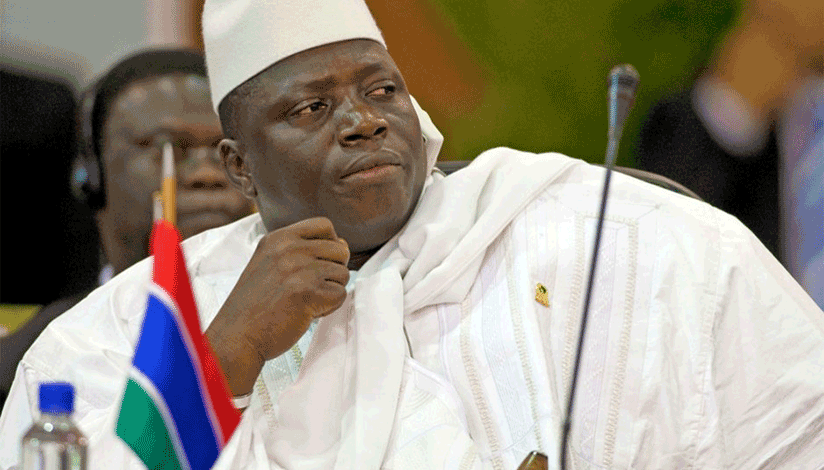Are there lessons for EAC from Ecowas?
RE: “Realpolitik was at play in The Gambia situation” (The New Times, January 27).

Yahya Jammeh had to be forced out of the presidency following an election defeat. Net photo
